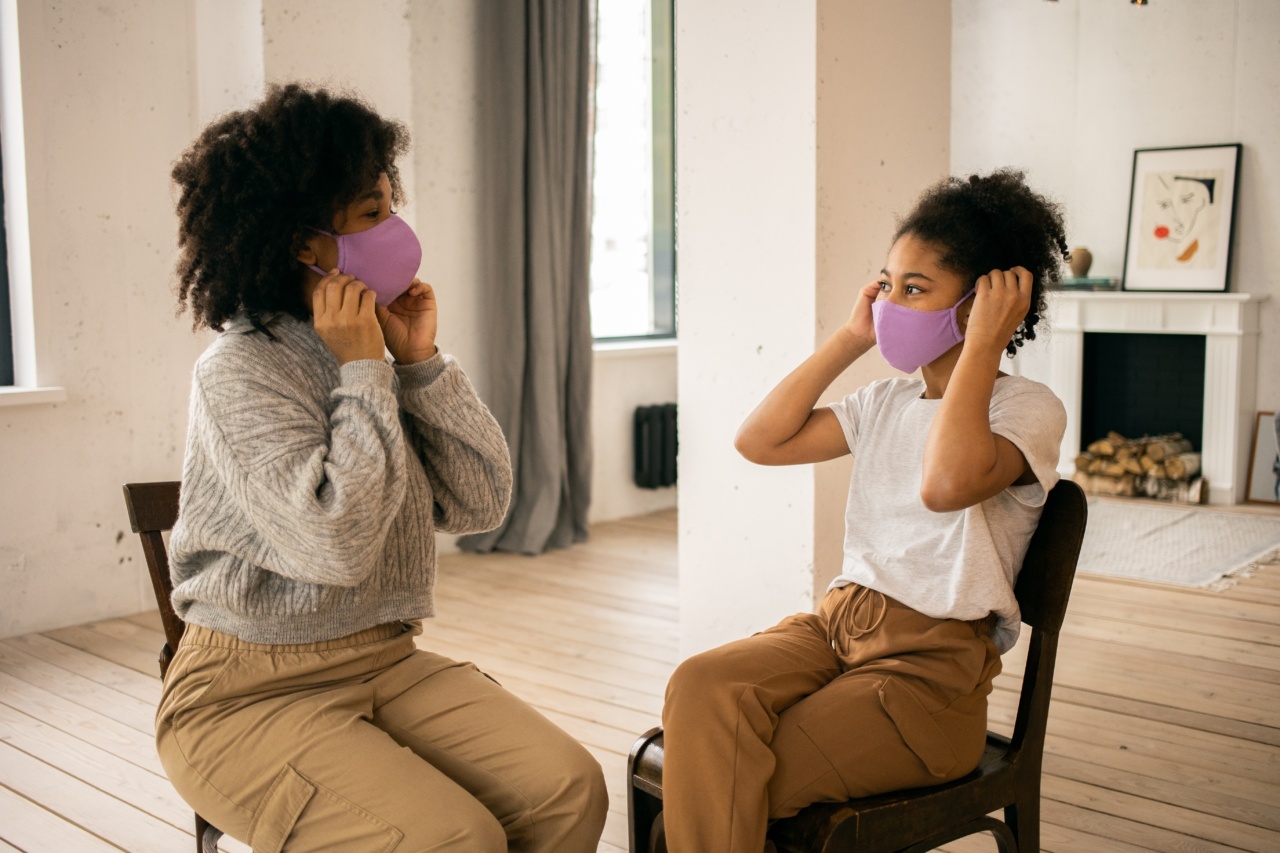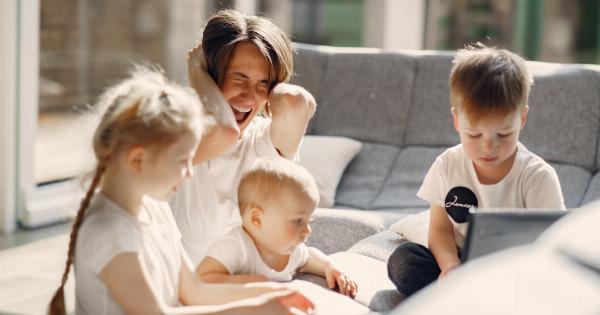As a parent, you want your children to be happy and healthy. It can be heartbreaking to see your child suffer from anxiety. Anxiety is a very common mental health condition that affects both children and adults.
But, did you know that anxiety is contagious for children?.
What is Anxiety?
Before we get into how anxiety is contagious, let’s first talk about what anxiety is. Anxiety is a normal response to stress or danger. It is a feeling of unease, such as worry or fear, that can be mild or severe.
Everyone experiences anxiety from time to time, but for some people, it can become chronic and interfere with their daily life.
Signs and Symptoms of Anxiety in Children
Anxiety in children can present itself in different ways. Some common signs and symptoms of anxiety in children include:.
- Excessive worrying
- Avoidance of certain situations or activities
- Difficulty sleeping
- Physical symptoms such as headaches or stomach aches
- Behavioral changes such as becoming irritable or clingy
How Anxiety is Contagious for Children?
While anxiety is not contagious in the sense that it is a virus or bacteria, it can be contagious in other ways. Children are like sponges, they absorb the emotions and behaviors of those around them, especially their parents.
If a parent is anxious, their child is more likely to be anxious as well. This is because children look to their parents for guidance on how to react to different situations. If the parent is constantly worried or anxious, the child will pick up on that and start to feel the same way.
The Role of Parental Modeling
Parental modeling is a concept that refers to the way parents behave and the effect it has on their children. Children learn by observing and imitating their parents.
If a parent is anxious and worries about everything, their child will learn that this is the appropriate way to behave. This can result in the child developing anxiety themselves.
The Importance of Parental Self-Care
If you are a parent with anxiety, it is important to take care of yourself. This will not only benefit you but also your children. Children learn from their parents, and if you are taking care of yourself, they will learn that self-care is important.
This can also help to reduce their anxiety.
Preventing Anxiety in Children
Preventing anxiety in children involves several steps:.
- Be mindful of your own anxiety levels and seek help if needed
- Avoid talking about your worries or anxieties in front of your children
- Encourage your children to express their emotions
- Teach your children coping skills such as deep breathing or mindfulness exercises
- Avoid overprotecting your children, this can lead to an increased risk of anxiety
When to Seek Help
If you notice that your child’s anxiety is interfering with their daily life, it is important to seek professional help. A mental health professional can help your child learn coping skills and strategies for managing their anxiety.
They may also recommend therapy or medication if needed.
Conclusion
Anxiety is a common mental health condition that affects both children and adults. It is important for parents to be mindful of their own anxiety levels and to take care of themselves.
Anxiety can be contagious for children, so it is important to avoid talking about your worries in front of your children and to teach them coping skills. If your child’s anxiety is interfering with their daily life, seek professional help.






























